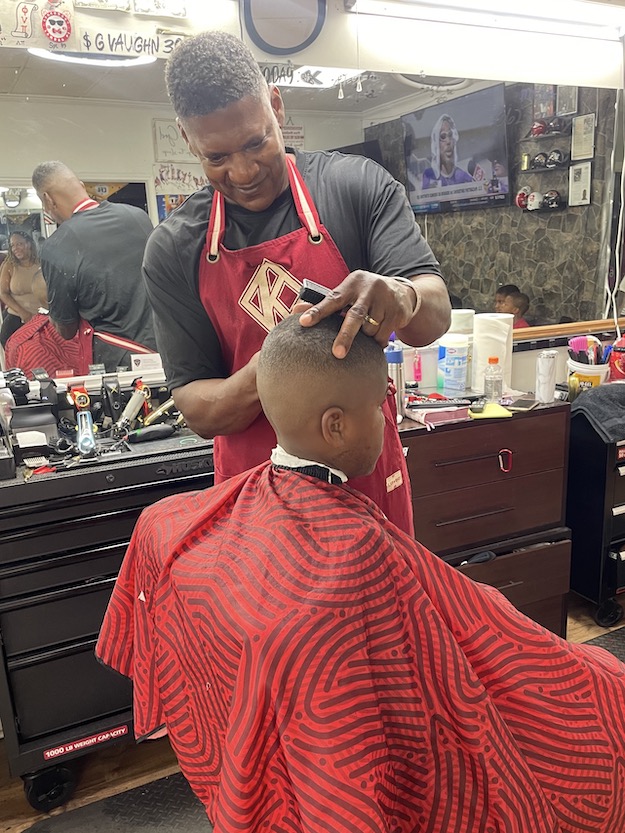UM Swahili program provides exotic option for students
Published 6:00 am Sunday, September 18, 2016
By Shelby Nichols and Mitchell Diggs
University of Mississippi
Like hundreds of students each year at the University of Mississippi, Estelle Blair signed up last fall for Spanish 101. But when the Brandon native decided that Spanish was not for her, she found a dramatically different alternative to fulfill her foreign language requirements.
Trending
Blair has joined a small, but growing, group of UM students studying Swahili. One of the university’s more uncommon academic offerings, the East African tongue is the 11th language taught by Department of Modern Languages.
Although she took two years of French in high school, Blair’s decision to try Swahili was not totally out of the blue.
“When I was in high school, I took a trip with my family to Tanzania to go on a safari,” said Blair, a sophomore pursuing a major in biology with a minor in chemistry. “The people there were just amazing. Their attitudes and culture and their outlook on life were just amazing, and I just loved them.”
Swahili, also known as Kiswahili, is the primary language of the Swahili people and a common language across eastern and southeastern Africa, including Tanzania, Kenya, Uganda, Rwanda, Burundi, Democratic Republic of the Congo and Mozambique. It is the national language of Tanzania and Kenya.
Beginning its fifth year of operation, the Swahili language program is expected to enroll 26 students in two levels for the 2016-17 academic year. That’s far behind popular offerings such as Spanish, Chinese, Arabic and French, but the number of UM students studying Swahili is expected to grow significantly, said Don Dyer, UM chair of modern languages.
“Swahili is really making some strides nationally,” Dyer said. “The most rapidly growing languages at American universities are Korean, Italian and American Sign Language, but Swahili is sort of an up-and-coming language.
Trending
“We are proud to be one of a small and elite group of universities in the country that offers courses in Swahili.”
Neema Loy, a graduate teaching assistant from Tanzania, teaches the four Swahili courses offered at UM. Studying the language can provide insights into life in another part of the world, Loy said.
“To learn Swahili is to learn the language of East African people,” she said. “You also learn their way of living: their food, music, religion and culture.”
It also provides opportunities to broaden one’s perspectives, said Gracie Snyder, a sophomore majoring in broadcast journalism.
“When I first signed up to take Swahili, I was only thinking about fulfilling the core requirements for my major of taking at least two years of a foreign language,” said Snyder, from Eastman, Georgia. “I had no idea that I would fall in love with learning this language and one day visit Tanzania just to study this language further.
“I would definitely recommend this language to everyone because not only is taking Swahili a great conversation starter, but learning this language has been one of the ‘funnest’ experiences I have ever had.”





